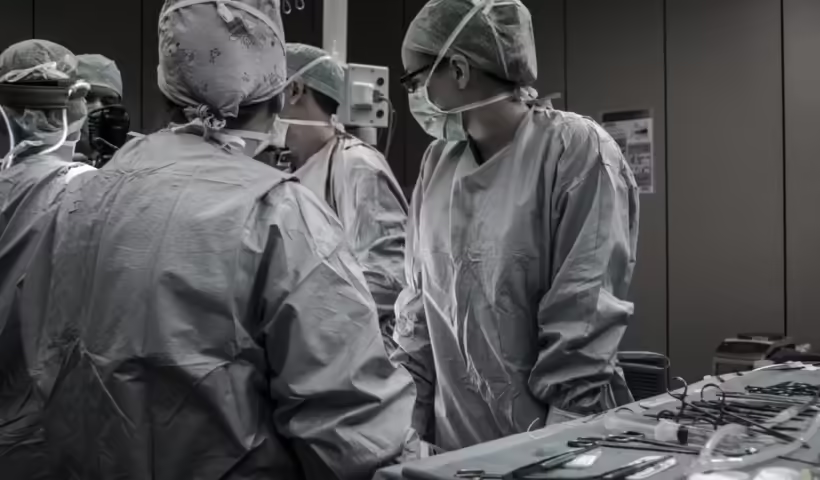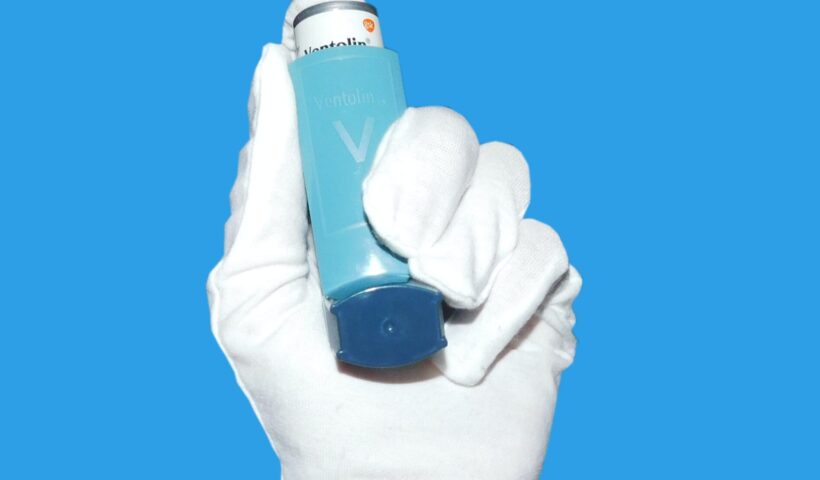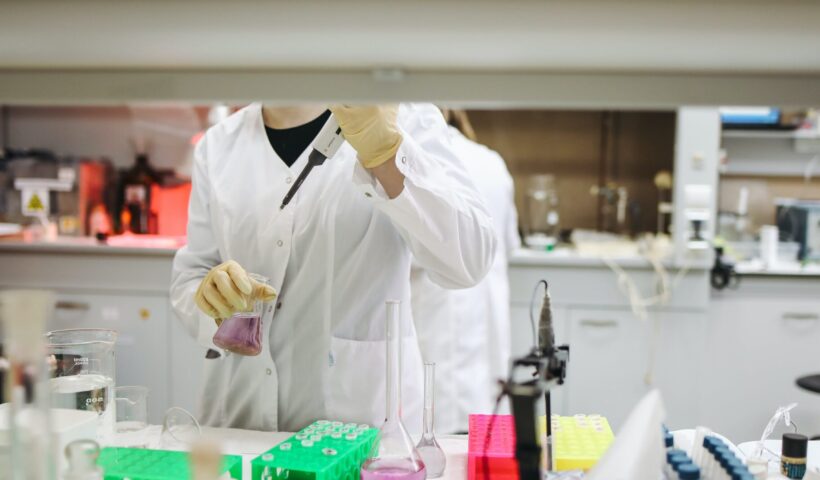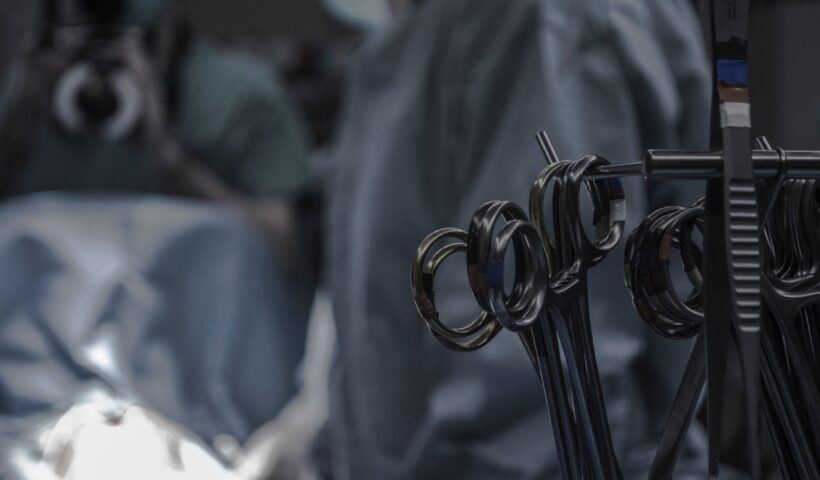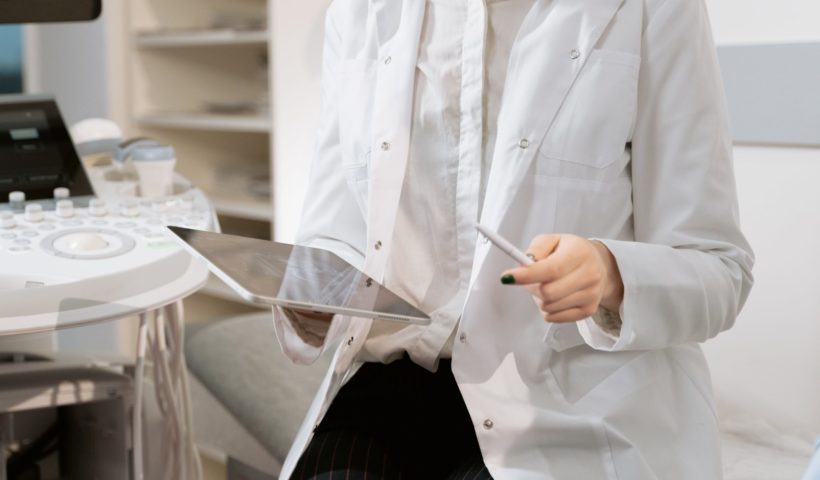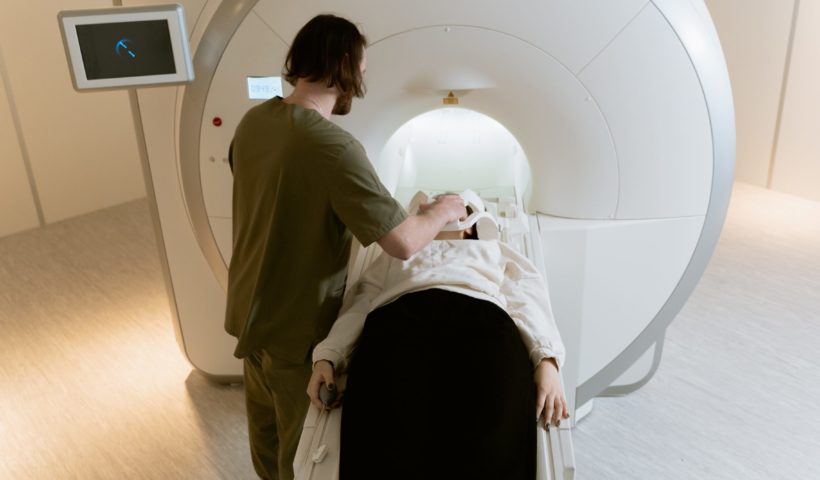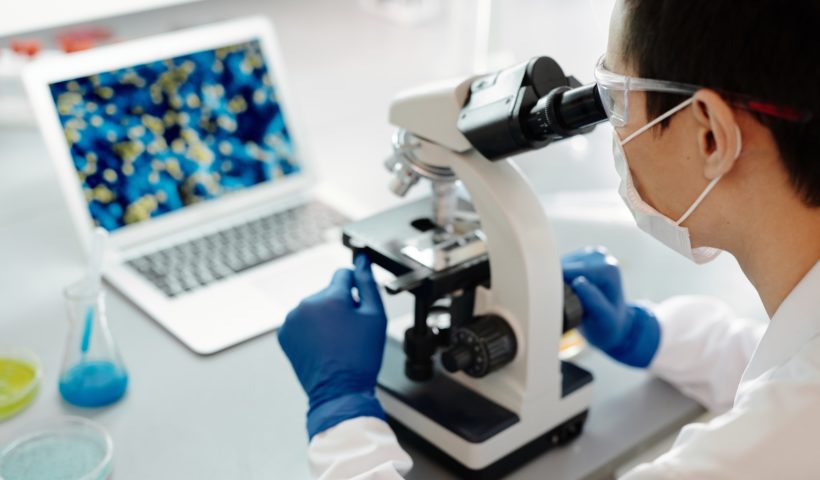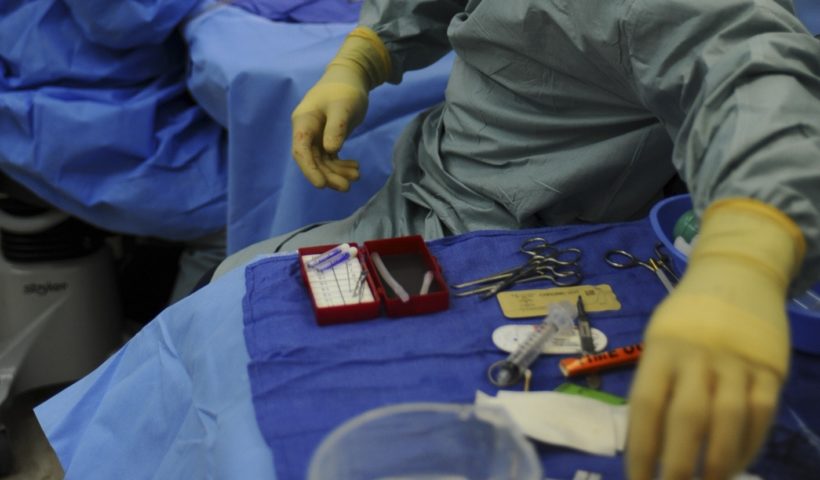Organ donations and transplants are responsible for saving the lives of thousands of people per year. However, these procedures come with numerous complications, including ischemia-reperfusion, which can lead to transplant failure. A new method called normothermic regional perfusion (NRP) is gaining more attention for its potential to reduce some of these complications compared to more traditional methods. Despite its potential, NRP is sparking ethical debates among the medical community.
View More Life and Morality: The Ethical Debate of Normothermic Regional Perfusion in Organ TransplantsTag: Medicine
FTC Dispute Helps to Explain Rising Medical Device Costs
The FTC recently challenged over 100 patents in the FDA’s Orange Book, a guide that lists drug products, patents, and viable generics. A patent in the Orange Book for pharmaceutical companies delays competitors from entering the market because of infringement risks. However, the FTC found several instances of medical device patents listed in the Orange Book that overstep the Book’s purpose. These improper patents are artificially extending monopolies to pharmaceutical companies. This adds to the rising costs of inhalers and EpiPens, which come at the consumer’s expense.
View More FTC Dispute Helps to Explain Rising Medical Device CostsNobel Prize in Medicine Winner Demonstrates the Roadblocks of Academic Innovation
This week, the recipients of the Nobel Prize in Medicine were recognized for their contributions to mRNA vaccine technology. However, their research was historically brushed off by colleagues, publications, and grant institutions before the COVID-19 pandemic. Specifically, Dr. Katalin Karikó was demoted from a tenure-track position and eventually forced to retire from her university. Her struggle for recognition reflects the roadblocks to innovation in academia that are amplified by limited funding and biases.
View More Nobel Prize in Medicine Winner Demonstrates the Roadblocks of Academic InnovationThe Importance of Inclusivity in Medicine in the Case of Maternal Mortality
Despite advancements in medical technology over the past 30 years, an ethnic and racial disparity still exists in healthcare. In particular, maternal mortality rates show high regional dependencies, and in the United States, Black women are more likely to die from a pregnancy-related complication than white women. Engineering students are working on solutions to combat this problem and provide more support for mothers.
View More The Importance of Inclusivity in Medicine in the Case of Maternal MortalityUsing A.I. to Detect Breast Cancer
Advancements in artificial intelligence (AI) have begun to deliver breakthroughs in breast cancer screening and detection, especially for signs that doctors miss in their examinations. Nevertheless, the use of cancer detection technology still faces many obstacles before it can be used ubiquitously in healthcare.
View More Using A.I. to Detect Breast CancerRunning Low on Gas: Technologies Affected by the Helium Shortage
Advanced technologies such as MRI scans and quantum computing are at risk of losing one of their most important elements: liquid helium. The unique properties of helium lend it to a wide array of scientific uses, but these properties also make helium difficult to capture and reuse. The ongoing shortage of helium has prompted researchers to find ways to recycle or replace helium to conserve this dwindling resource.
View More Running Low on Gas: Technologies Affected by the Helium ShortageBiohacking: The Ethical Implications of Democratizing Biotechnology
Biohacking is a Do-It-Yourself movement that encourages experimenting with biotechnology tools to find ways to improve one’s health and enhance one’s natural capabilities, and many in the movement advocate for the democratization of scientific tools so that everyone can participate in such scientific discovery. However, some biohackers take their experimentation to the extreme, and not all of them seem to understand the responsibility and risks associated with the scientific methods they employ. As a result, tension between the biohacking community and the professional science community has grown as biohacking continues to increase in popularity. Though the biohacking movement makes salient points about the way ethical precautions and regulation slow innovation, this paper explores the need for codes of ethics governing the pursuit of scientific discovery and how biohackers and traditional, trained scientists can reach common ground.
View More Biohacking: The Ethical Implications of Democratizing BiotechnologySurgeons Perform First Successful Pig-to-Human Transplant Using a Genetically-Engineered Animal
In a revolutionary feat of science, medicine, and engineering, surgeons at NYU have successfully transplanted a pig kidney into a human. However, as biotech companies rush to develop suitable animal organs for transplants, we must address the ethical concerns behind xenotransplantation.
View More Surgeons Perform First Successful Pig-to-Human Transplant Using a Genetically-Engineered AnimalProblems with CRISPR: Unintended Brain Enhancement on China’s Gene-edited Twins
3/1/2019 Profiled article A. Regalado, “China’s CRISPR twins might have had their brains inadvertently enhanced”, Feb. 21, 2019. [Online] MIT Technology Review. Available at: https://www.technologyreview.com/s/612997/the-crispr-twins-had-their-brains-altered/ [Accessed 24…
View More Problems with CRISPR: Unintended Brain Enhancement on China’s Gene-edited Twins
